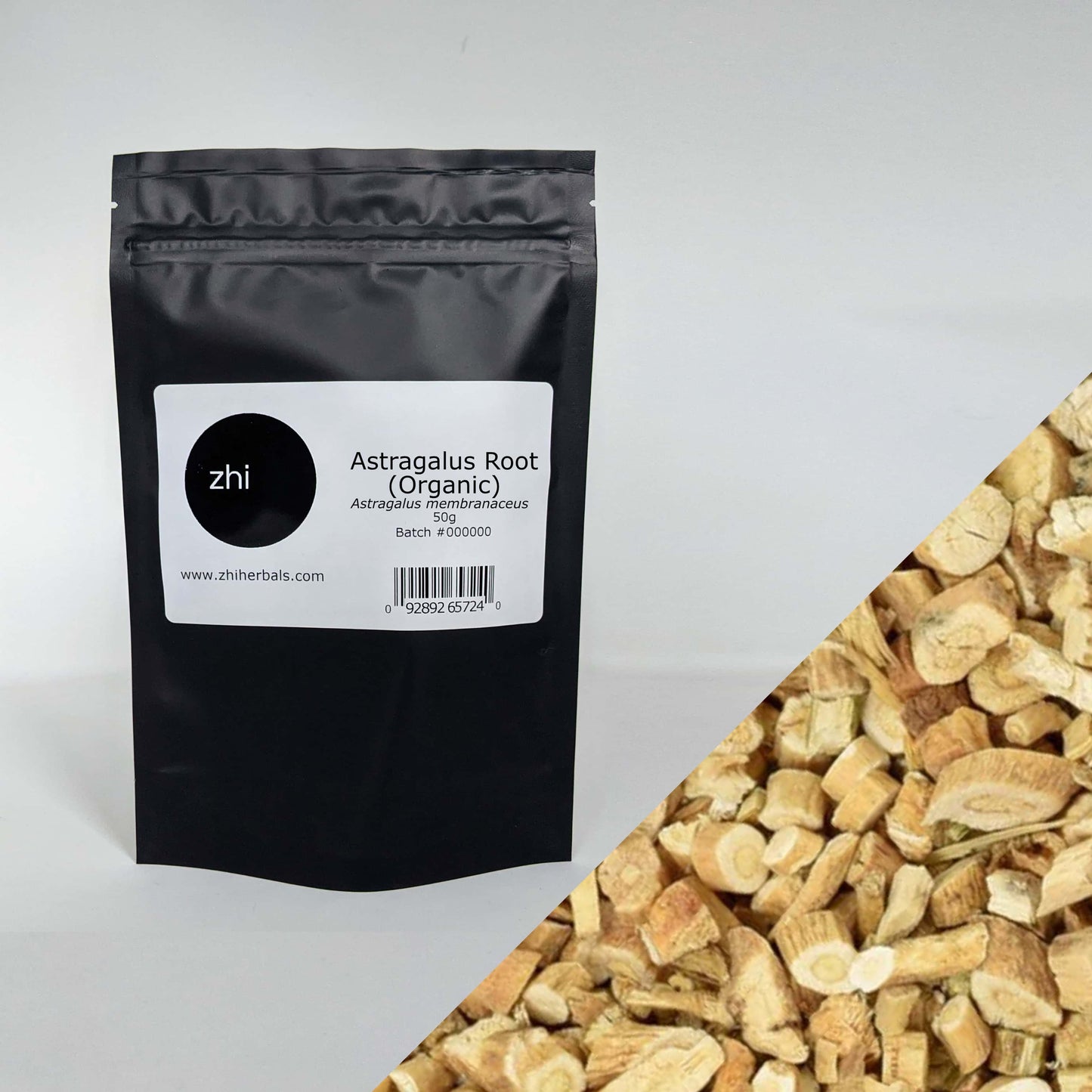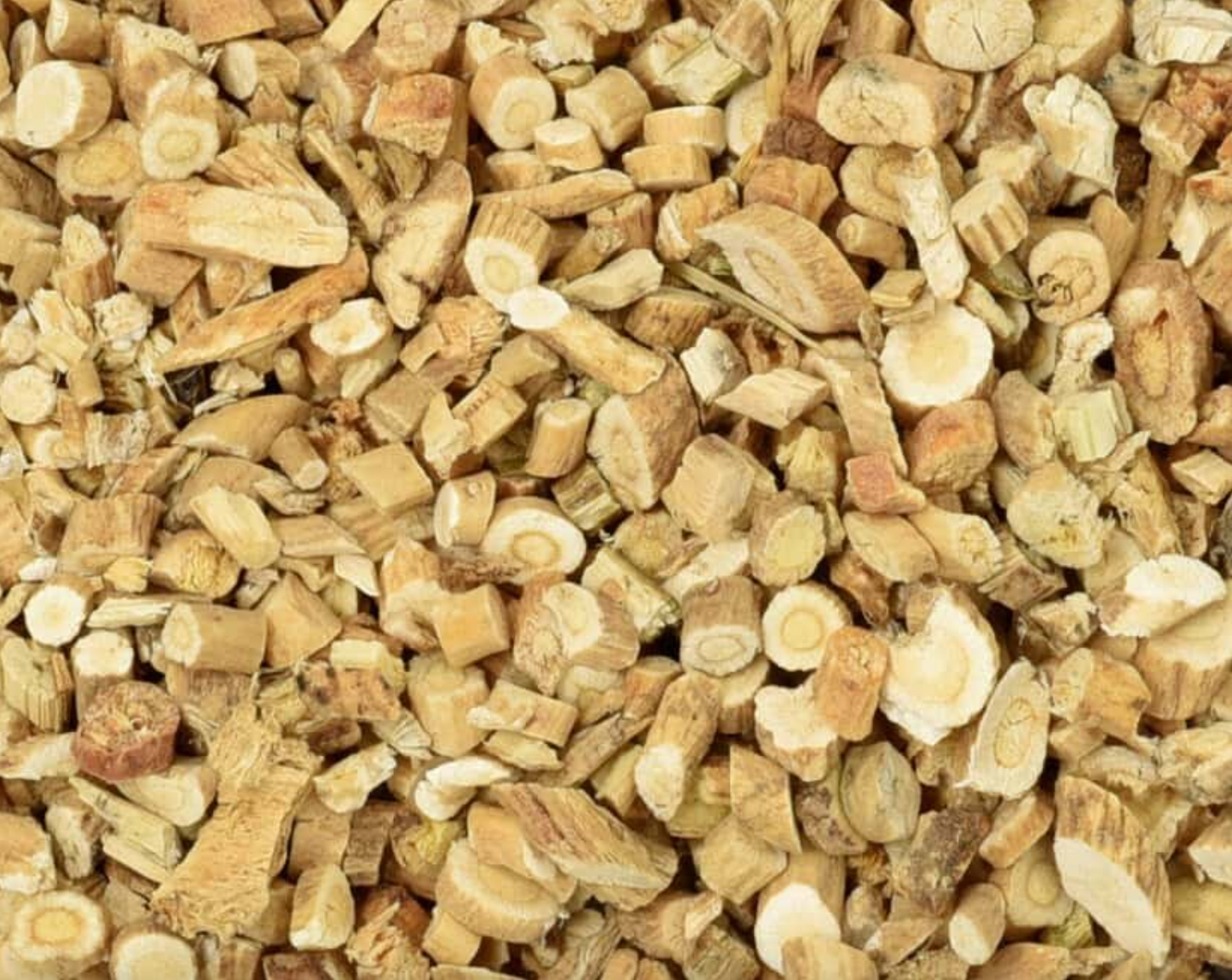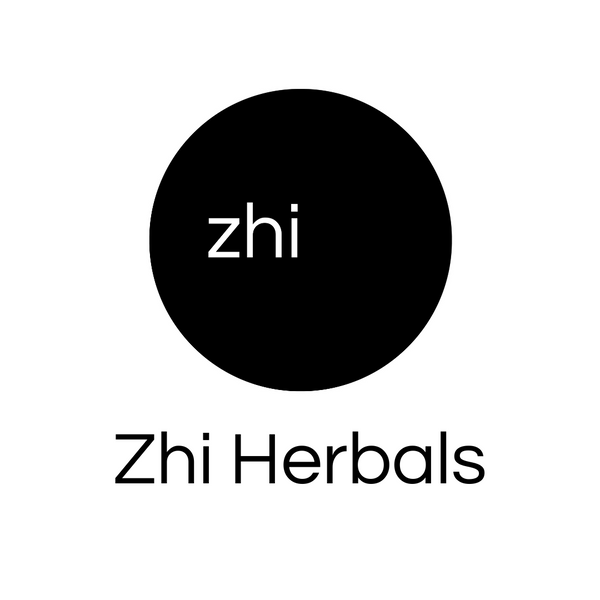Zhi Herbals
Astragalus Root (Organic)
Astragalus Root (Organic)
Couldn't load pickup availability
Common Name
Astragalus, Membranous Milkvetch, Hunag Qi, Mongolian Milkvetch
Latin Name
Astragalus membranaceus
Origin
China
What Is Astragalus Root?
Astragalus is a medicinal root that is native to China, Mongolia, and Korea, where it can be found growing along the edges of forests. It is a member of the pea family. Organically cultivated astragalus root, including the one that we offer, is primarily grown in China. For medicinal use, astragalus plants are allowed to grow for 4-5 years prior to being harvested for their roots.
There are over 1,700 species of astragalus, however, not all are used medicinally. We carry only Astragalus membranaceus, also known as Astragalus propinquus, which has been used in Traditional Chinese Medicine (TCM) since at least the first century AD.
Astragalus works well both on its own, and combined with other herbs. It is often used for chronic, rather than acute, conditions.
How to Use Astragalus Root (Common Uses)
Taken as a powder, tea, decoction, in capsules, and as an extract. Astragalus root is usually taken internally. Visit our herbal blog for more information on learning how to cook with astragalus root.
Medicinal Uses and Benefits of Astragalus Root
Astragalus is a warming and tonic herb. In Western herbalism it is most often used for its strengthening and balancing effects on the immune system as well as to increase overall health and vitality. The immune-boosting effects of astragalus root can persist for up to seven days after it is taken.
In TCM, astragalus root is often used to increase qi (energy) and to promote growth of new tissue (especially to increase bone marrow). It can be used to tonify the spleen, strengthen the lungs, and protect against colds and other contagious diseases.
TCM often also combines astragalus root with honey to increase its tonifying effect.
As an herbal medicine, astragalus root is anti-inflammatory and high in antioxidants. It has been found to be useful in some cases of peripheral neuropathy.
Astragalus root has a protective effect on the cardiovascular system. It may also have a mild diuretic effect.
The polysaccharides found in astragalus root help to enhance immune system response and stimulate white blood cell activity. They also help increase the body’s production of antibodies and interferon, as well as increasing the activity of phagocytes.
Some Western medical studies have found that astragalus root may be especially helpful for patients undergoing chemotherapy and radiation. In TCM, astragalus root has long been used as a part of a cancer support called ‘fu-zheng’, which has the intention of helping the patient through chemotherapy and aiding in restoring their immune function. Fu-zheng also contains reishi and cordyceps, as well as several other herbal ingredients.
Active Constituents in Astragalus Root
Polysaccharides (astragaloglucans), saponins (cycloartanes), isoflavonoid glycosides, mucronulatol, formononetin, demethoxyisoflavin , flavonoids (afromosin, ordoratin, calycosin, quercetin), polysaccharides, triterpenoid saponins (astragalosides).
Notable Facts About Astragalus Root
The Chinese name for astragalus is huang qi. Huang means “yellow” and qi means “vital force”, as it is one of the most popular tonics in Chinese medicine.
Share


Thank you! Very fast delivery


